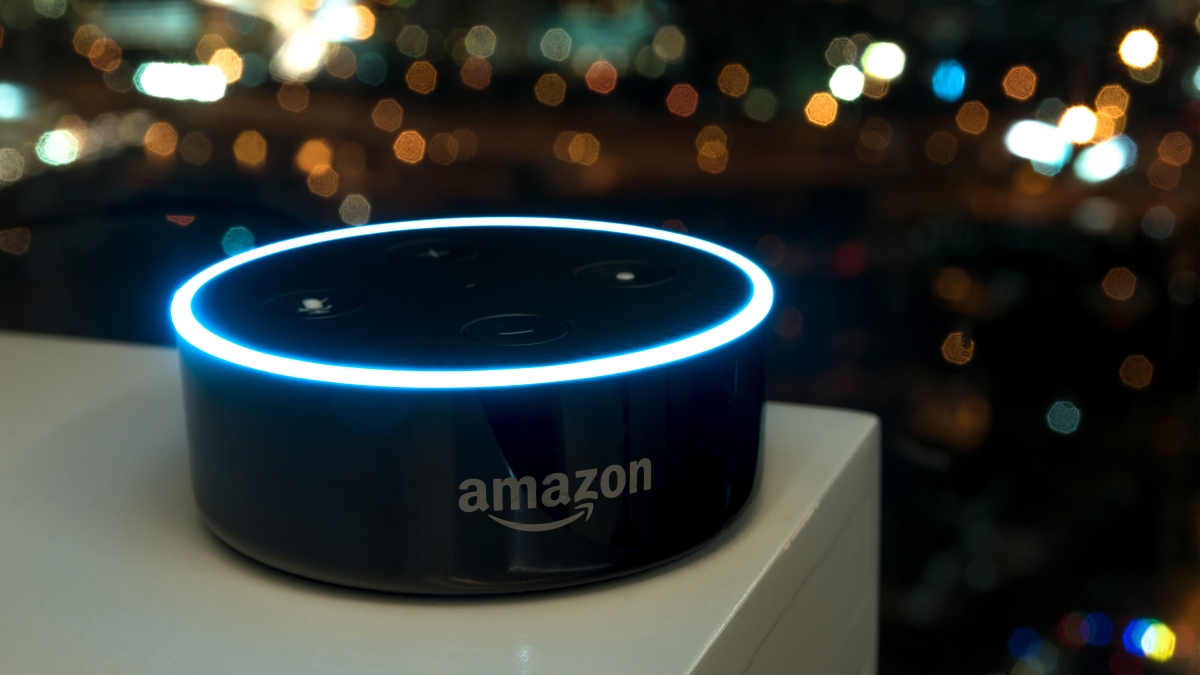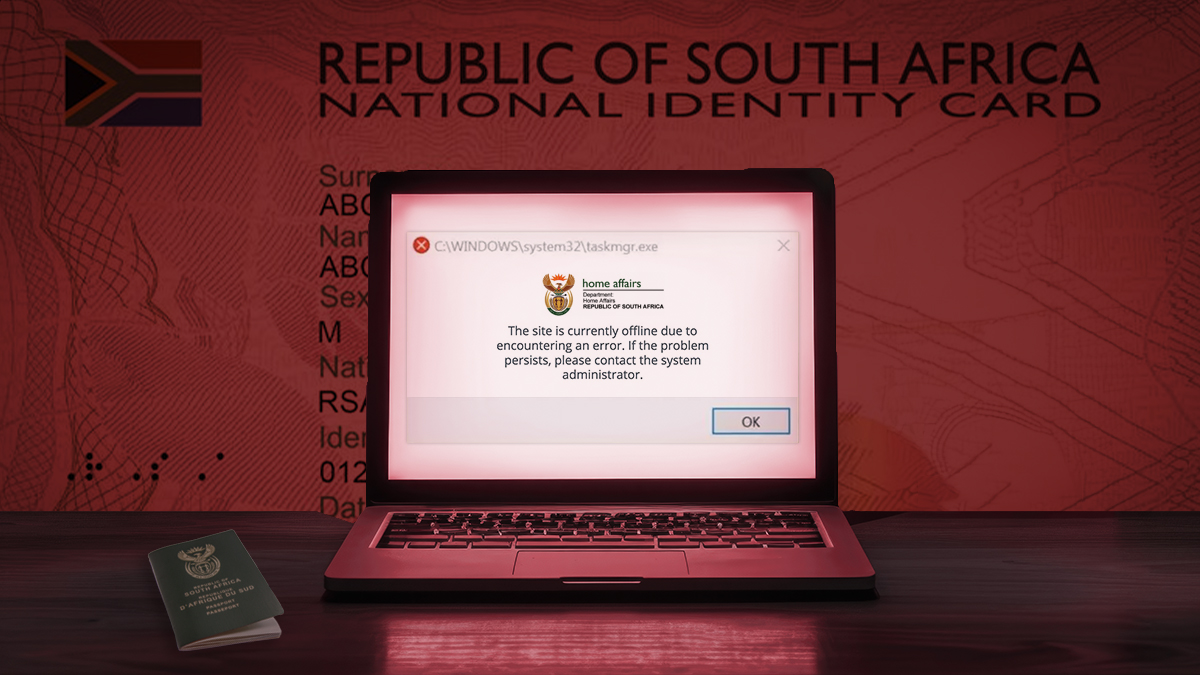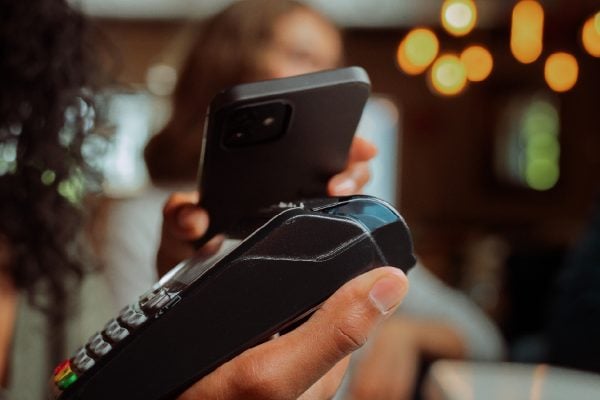Amazon Alexa+ with AI launched

Amazon.com has rebooted Alexa with artificial intelligence.
The rollout marks the biggest overhaul of the voice-activated assistant since the company introduced it more than a decade ago.
The move is a test of whether Amazon and its new devices czar, former Microsoft Surface boss Panos Panay, can revitalize its most important consumer electronics franchise.
Amazon’s vision for Alexa has always been ambitious, but “until this moment – right this moment — we have been limited by the technology,” Panay, who leads the Devices & Services unit, said at an event in New York on Wednesday.
Panay said teams had re-designed “all of Alexa.”
A demo video showed the new Alexa+ software booking concert tickets, restaurant reservations and texting a babysitter.
“She’s useful,” Panay repeated, before he and other executives conducted what they said were live exchanges with the updated software.
The presentations showed the assistant participating in flowing conversation — a departure from the stilted, single-question interactions Alexa users are familiar with.
Also on display were new tricks for Alexa: analyzing a document and creating calendar events based on the text, and delving into Panay’s home Ring video camera footage to check whether someone had walked the dog recently.
The software lives on Echo smart speakers, as well as a smartphone app and web portal. Alexa+ will cost $19.99 (R369) a month.
But it will be free for paying members of Amazon’s $139-a-year (R2,563) Prime program, which will likely offer Amazon a larger user base than if the company had tried to charge all comers.
Panay said customers will get “early access” starting in March.
Echo speakers were the must-have gadgets of the late 2010s. The company marshaled a massive effort to capitalize on that interest, releasing a flurry of devices and seeking ways to entice the growing audience of people who interacted with Alexa to spend some money on the platform.
But shopping-by-voice was largely a dud, and other sources of revenue failed to materialize as the company had hoped.
Engineers who worked on Alexa in recent years say the mood in the division soured when executives curbed hiring and then laid off thousands of workers.
When OpenAI released its error-prone but uncannily human ChatGPT in late 2022, Alexa was still struggling to find new ways to engage a massive user base that mostly used the assistant as a kitchen timer and trivia machine.
Panay’s predecessor, Dave Limp, announced an AI-powered Alexa in September 2023. So confident were executives in the new version’s imminent arrival that users were invited to register their interest in getting the upgrade.
Internally, Amazon was targeting a release date of early 2024 for a test version.
But the launch was delayed for about a year because the software wasn’t ready for prime time.
Some early testers found the new Alexa fell short of ChatGPT, while others said the voice assistant had a tendency to drone on.
The difficulties owed partly to the finicky nature of generative artificial intelligence, which is prone to packing incorrect information into authoritative sounding replies.
Amazon also struggled to adapt its software to the AI era because it was designed not to generate answers on the fly but to fetch pre-written replies from a database. In internal tests, some Alexa-powered gadgets simply stopped working as a result of the attempted switch to AI.
Internally, Amazon didn’t want to risk launching the software prematurely, figuring the company might only have one good shot at regaining Alexa’s luster for the AI age.
The new Alexa+ uses a variety of large language models, according to Daniel Rausch, an Amazon vice president.
They include the company’s new Nova family of models, as well as software from Anthropic, the AI startup Amazon has backed to the tune of as much as $8 billion (R147 billion).
Some partner apps, such as Uber and OpenTable, will integrate with Alexa. But the software is also capable of acting as an agent that can browse the web to, say, book an appliance repair visit.
“We’re moving the world from chatbots to something entirely new,” Panay said.
































